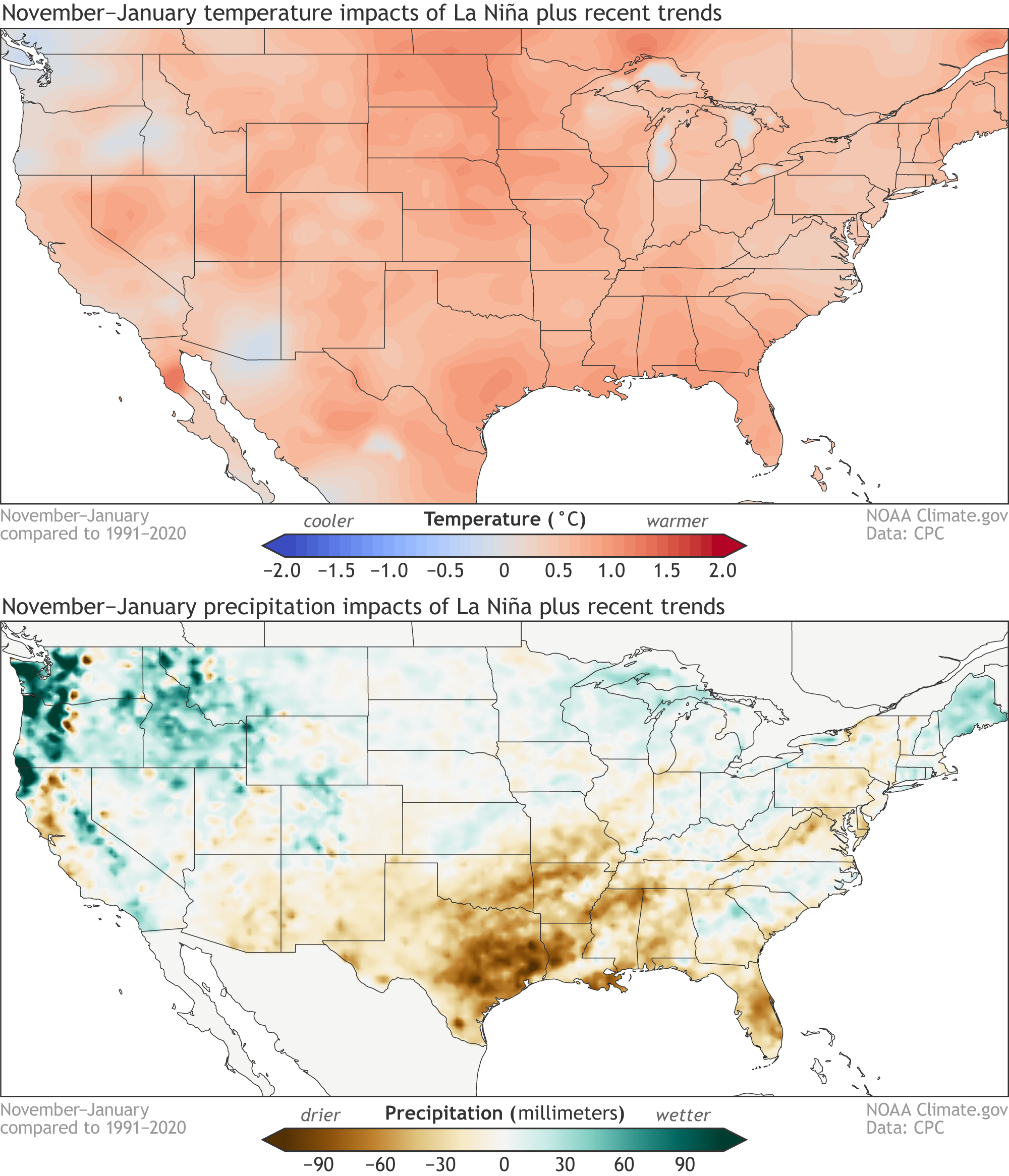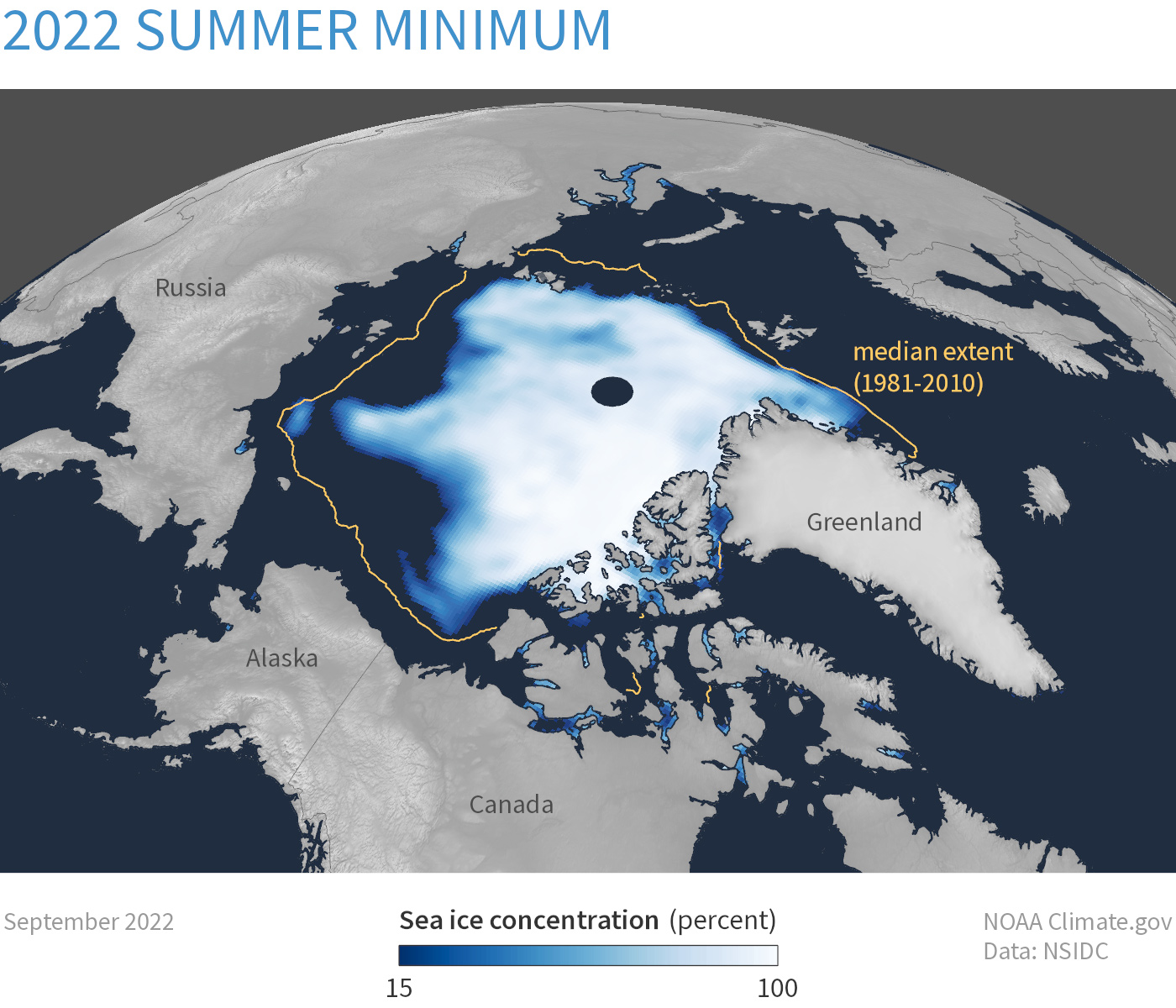"Clima Moron: The Comprehensive Guide To Understanding Climate Skepticism" is a valuable resource for anyone seeking to understand the complex and multifaceted phenomenon of climate skepticism.
Editor's Notes: "Clima Moron: The Comprehensive Guide To Understanding Climate Skepticism" have published on January 16, 2023.
After doing some analysis, digging information, made Clima Moron: The Comprehensive Guide To Understanding Climate Skepticism we put together this Clima Moron: The Comprehensive Guide To Understanding Climate Skepticism guide to help target audience make the right decision.
Clima Moron: The Comprehensive Guide To Understanding Climate Skepticism Key differences or Key takeways, provide in informative table format
Transition to main article topics
FAQ
This section addresses frequently asked questions (FAQs) and common misconceptions about climate skepticism, providing comprehensive and informative answers based on the research and analysis presented in "Clima Moron: The Comprehensive Guide To Understanding Climate Skepticism."
Question 1: Is climate skepticism a legitimate scientific position?
Answer: While some individuals may question aspects of climate science, the overwhelming consensus among scientific experts is that human activities are the primary driver of climate change. The vast body of evidence supporting this conclusion comes from multiple independent lines of research, including observations of rising temperatures, melting glaciers, and changes in weather patterns.
Question 2: Aren't natural factors, such as solar activity, responsible for climate change?
Answer: While natural factors can contribute to climate variability on shorter timescales, the long-term warming trend observed over the past century is predominantly caused by human emissions of greenhouse gases. The evidence indicates that human-induced warming is now the dominant factor driving climate change.
Question 3: Is climate change a hoax perpetrated by climate scientists to obtain funding?
Answer: The claim that climate change is a hoax lacks scientific credibility. The vast majority of climate scientists conclude that human activities are the primary cause of climate change based on rigorous research and analysis. The motivations of climate scientists lie in their commitment to understanding and addressing a significant global challenge.
Question 4: Why should we take action on climate change if there is uncertainty in the scientific predictions?
Answer: While there is some uncertainty in climate science, the risks of inaction are significant. The scientific consensus is clear that human-induced climate change is occurring and has potentially severe consequences for the planet and its inhabitants. Taking action to reduce emissions and mitigate the impacts of climate change is prudent, even in the face of some uncertainty.
Question 5: Is it too late to take action on climate change?
Answer: While it is true that climate change is already having impacts, it is not too late to take action. Reducing emissions and transitioning to a low-carbon economy can help limit the severity of future impacts and create a more sustainable future. Delaying action will only increase the challenges and costs associated with addressing climate change.
Question 6: What can individuals do to address climate change?
Answer: Individuals can contribute to addressing climate change through various actions, including reducing their carbon footprint by making sustainable lifestyle choices, supporting climate-friendly policies, and engaging in advocacy efforts. Collective action at all levels of society is essential for effectively mitigating the impacts of climate change and safeguarding the planet's future.
In conclusion, understanding climate skepticism requires a critical examination of the evidence and arguments presented by skeptics. The scientific consensus on human-induced climate change is robust and supported by a vast body of research. Taking action to address climate change is imperative, even in the face of uncertainty, to mitigate its potential risks and create a more sustainable future.
Transition to the next article section:
Tips

Understanding 뉴토끼 330: A Comprehensive Guide - Source trace.scad.edu
For those seeking clarity amidst the complex and often polarized debates on climate change, Clima Moron: The Comprehensive Guide To Understanding Climate Skepticism offers valuable insights and practical tips to effectively navigate this challenging landscape.
Tip 1: Familiarize Yourself with Scientific Consensus: Understand the overwhelming scientific consensus on human-induced climate change. This understanding serves as a solid foundation for informed discussions.
Tip 2: Identify Skeptical Arguments: Recognize and categorize common skeptical arguments. By classifying them according to their different categories (e.g., scientific, economic, political), you can better respond to each argument's unique characteristics.
Tip 3: Engage with Evidence-Based Information: Base your arguments on credible scientific evidence and peer-reviewed research. Avoid cherry-picking individual studies or relying solely on anecdotal evidence.
Tip 4: Practice Active Listening: Engage in discussions with an open mind and a genuine desire to understand the viewpoints of others. By actively listening and considering their perspectives, you can bridge communication gaps.
Tip 5: Be Respectful and Avoid Ad Hominem Attacks: Maintain a professional and respectful demeanor in discussions. Avoid personal attacks or belittling language, as these tactics undermine constructive dialogue.
Tip 6: Understand the Emotional Dimension: Recognize that climate change debates often involve emotions and values. Be mindful of these factors and approach conversations with empathy and understanding.
Tip 7: Use Visuals and Analogies: Enhance your communication by incorporating visual aids, such as graphs or charts. Use analogies or real-world examples to make complex scientific concepts more accessible.
Summary: By embracing these tips, you can engage in informed and productive climate change discussions. Remember, effective communication requires a solid understanding of the science, a respectful approach, and a willingness to listen and learn.
Clima Moron: The Comprehensive Guide To Understanding Climate Skepticism
Climate skepticism, a complex phenomenon that involves questioning the scientific consensus on climate change, demands a thorough understanding of its key aspects. This guide delves into six essential elements of climate skepticism, providing insights into its multifaceted nature.
- Historical Roots: Climate skepticism has a long history, with roots in organized opposition to environmental regulations.
- Scientific Literacy: Limited scientific literacy can contribute to climate skepticism, hindering the understanding of complex climate science.
- Ideological Constraints: Political ideologies and beliefs can influence attitudes towards climate change, shaping skeptical views.
- Media Influence: Media bias and cherry-picking of scientific evidence can reinforce climate skepticism.
- Economic Interests: Industries dependent on fossil fuels often sponsor climate skeptic organizations to protect their economic interests.
- Cognitive Biases: Psychological biases, such as confirmation bias, can lead individuals to seek out information that confirms their existing skepticism.

ENSOblog_NDJ_lanina_temperature_precipitation_20221013.png | NOAA - Source www.climate.gov
These aspects highlight the multifaceted nature of climate skepticism, demonstrating the influence of historical, scientific, ideological, media, economic, and cognitive factors. Understanding these key aspects is crucial for engaging in informed discussions, addressing misconceptions, and promoting evidence-based climate action.
Clima Moron: The Comprehensive Guide To Understanding Climate Skepticism
The Clima Moron is a comprehensive guide to understanding climate skepticism. It provides a thorough overview of the arguments and evidence used by climate skeptics, as well as counterarguments and evidence from the scientific community.

ClimateDashboard-Arctic-sea-ice-image-20221018-1400px.jpg | NOAA - Source www.climate.gov
The book is divided into three parts. The first part provides an overview of climate science and the evidence for human-caused climate change. The second part examines the arguments and evidence used by climate skeptics. The third part provides counterarguments and evidence from the scientific community.
The Clima Moron is a valuable resource for anyone who wants to understand climate skepticism. It is a comprehensive guide to the arguments and evidence used by both sides of the debate.
Table: Key Insights from "Clima Moron: The Comprehensive Guide To Understanding Climate Skepticism"
| Key Insight | Explanation |
|---|---|
| Climate change is a real and pressing threat. | The evidence for human-caused climate change is overwhelming. |
| Climate skeptics use a variety of arguments to support their claims. | These arguments are often based on cherry-picked data or misinterpretations of scientific evidence. |
| The scientific community is in overwhelming consensus that climate change is real and caused by humans. | This consensus is based on a large body of peer-reviewed research. |
Conclusion
The Clima Moron is a valuable resource for anyone who wants to understand climate skepticism. It provides a comprehensive guide to the arguments and evidence used by both sides of the debate.
The book's key insights include:
- Climate change is a real and pressing threat.
- Climate skeptics use a variety of arguments to support their claims, but these arguments are often based on cherry-picked data or misinterpretations of scientific evidence.
- The scientific community is in overwhelming consensus that climate change is real and caused by humans.
It is important to understand climate skepticism in order to be able to effectively counter it. The Clima Moron provides the tools and information needed to do just that.



